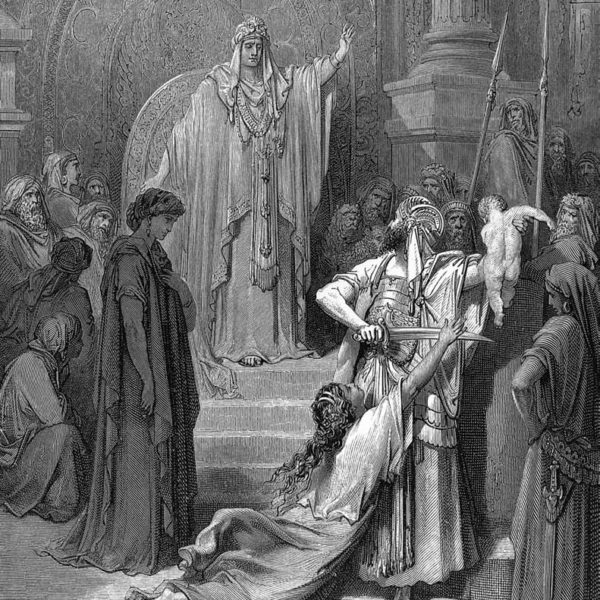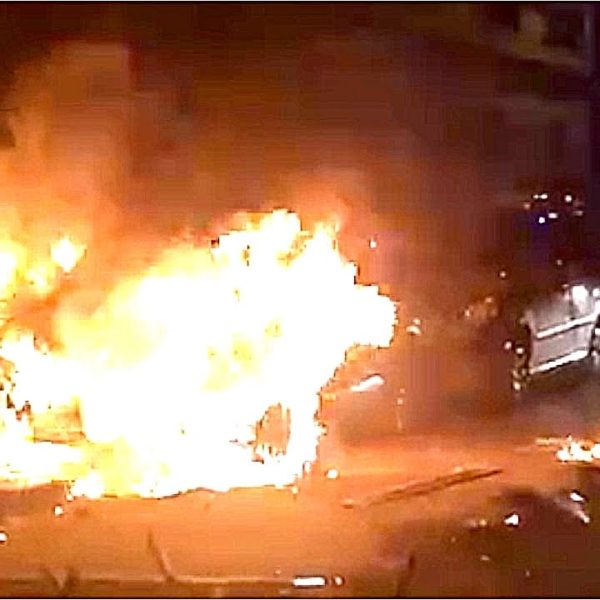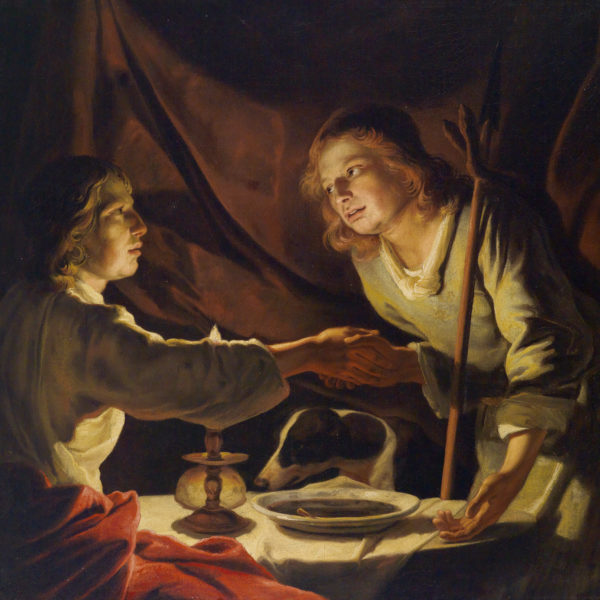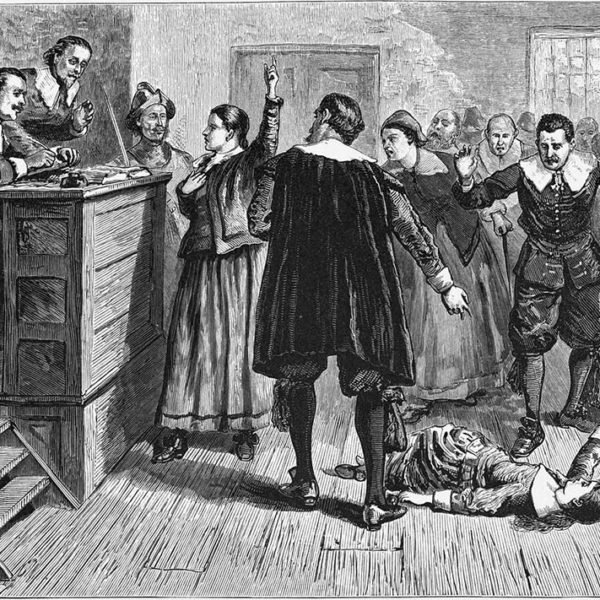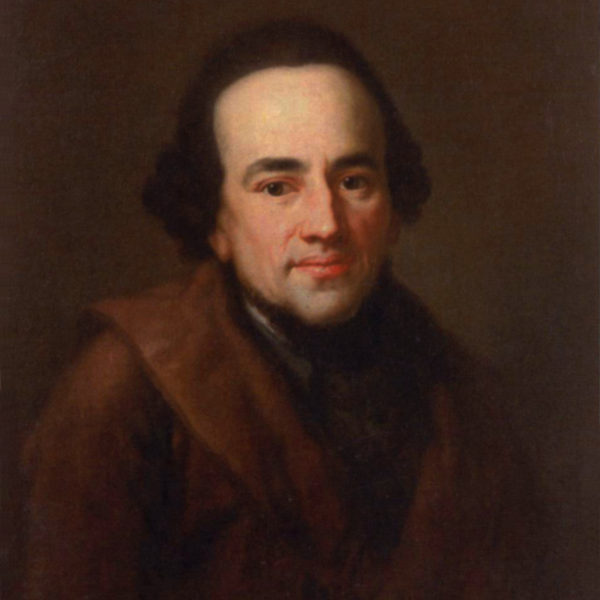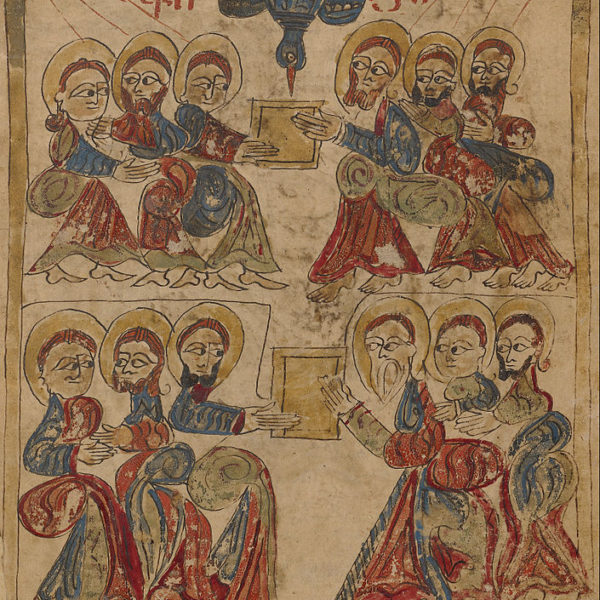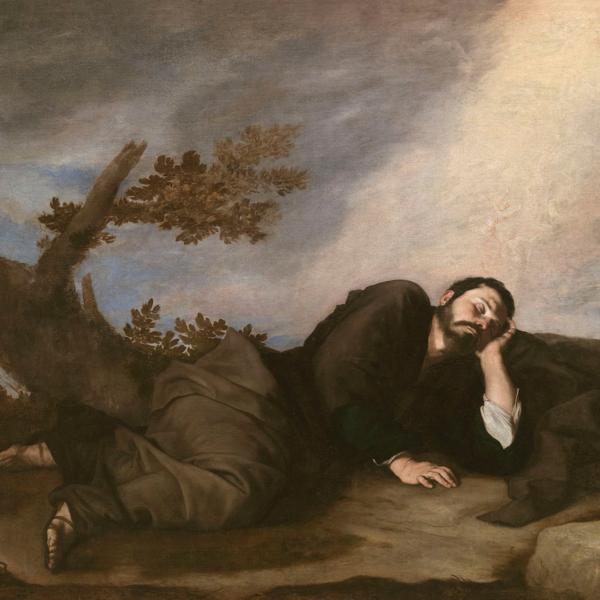
All of humanity comes from the Source and all our journeys will lead us back to the Source. The story of Jacob’s Ladder reminds that God is not far away but right here in the ordinariness of our everyday struggles, the answer to our desire for oneness.
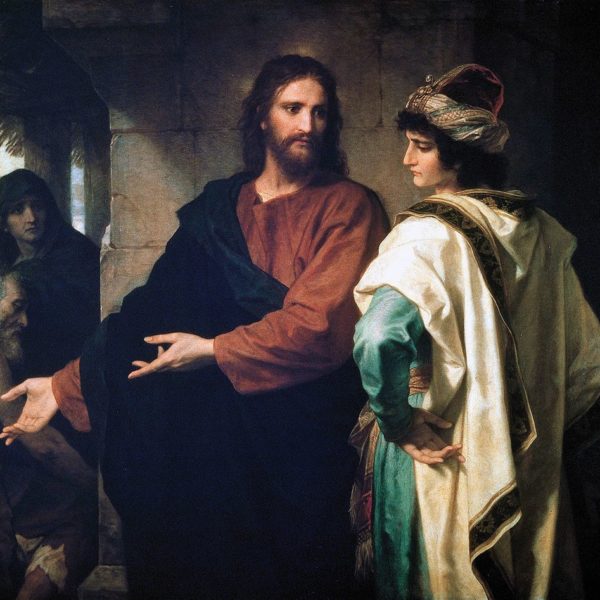
In his challenge to the rich young ruler, Jesus also challenges conservative family values politics, offering us an alternative vision of relations in the kingdom of God.
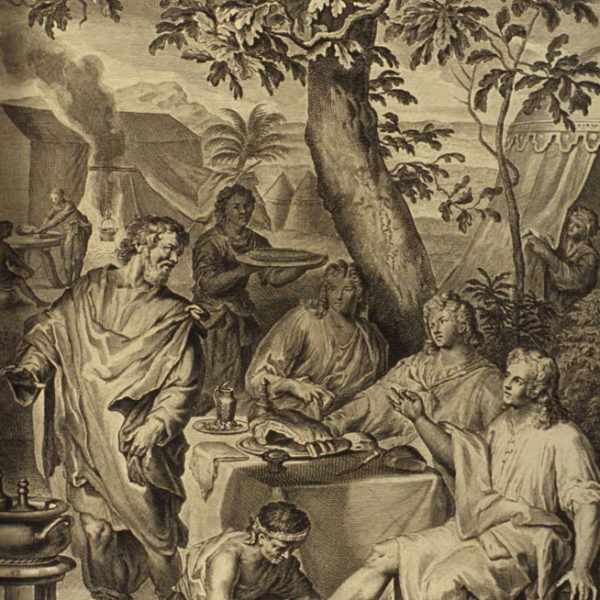
There is perhaps no biblical virtue more foreign to the contemporary Western mind than hospitality. For us, the deeply ethical connotations of hospitality for the stranger—the resident alien or refugee—have been largely replaced with a call for general neighborliness and an often all-too-partisan welcome.
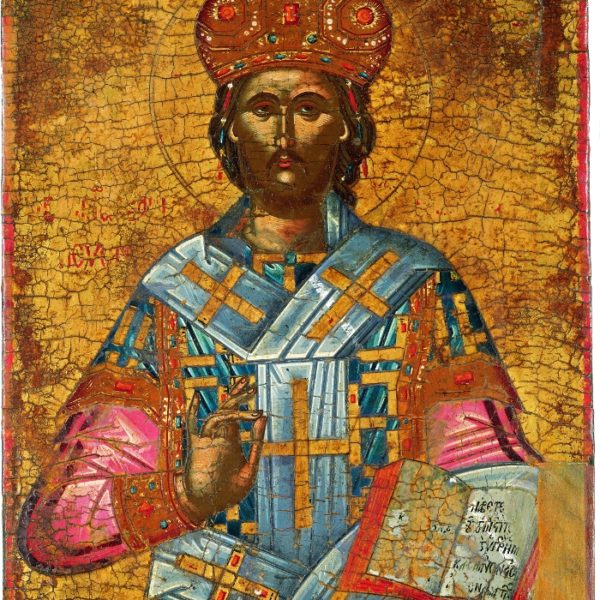
Psalm 8’s presentation of human dominion and politics as a creation of God has significant ramifications for our posture towards the various forms of human rule and authority. The juxtaposition of divinely appointed power and human weakness humbles arrogant ambition, encouraging a spirit of meekness and modest service in our politics.
